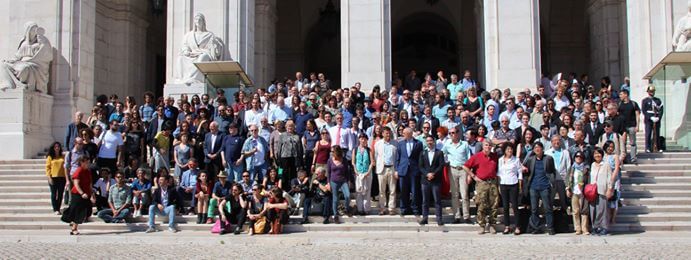O que é?
A Associação Rendimento Básico Incondicional – Portugal, em parceria com o Centro de Ética, Política e Sociedade (CEPS), da Universidade do Minho, o Instituto Superior de Economia e Gestão (ISEG), o Centro de Investigação em Direito Europeu, Económico, Financeiro e Fiscal (CIDEEFF), ambos da Universidade de Lisboa, o Centro de História d’Aquém e d’Além-Mar (CHAM), da Universidade Nova de Lisboa, o partido PAN, e o movimento Unconditional Basic Income Europe (UBIE), pretendem levar a cabo, de 25 a 27 de Setembro de 2017, o 17° Congresso BIEN – A Implementação de um Rendimento Básico, no seguimento do convite a participação divulgado e que pode ser consultado aqui:
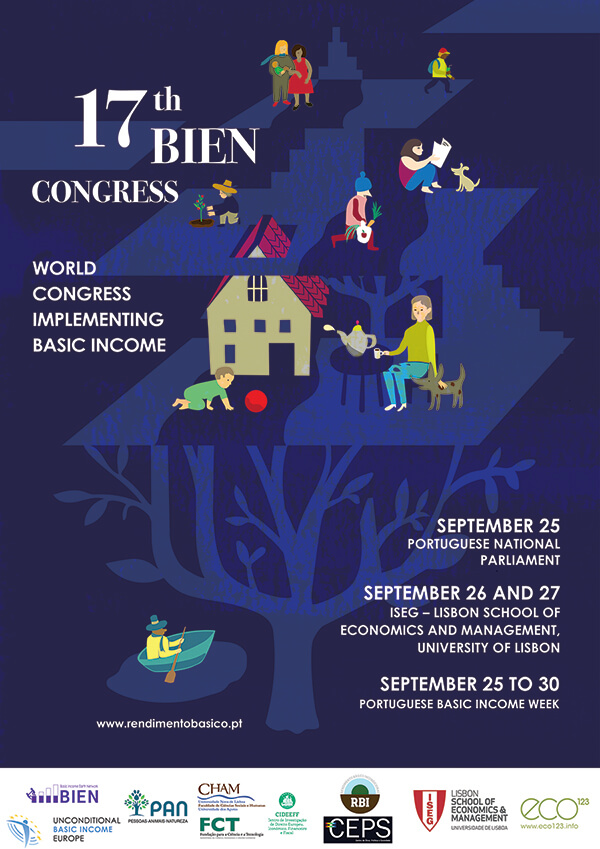
O rendimento básico incondicional (RBI), enquanto política potencialmente justa e realista, atrai actualmente a atenção da opinião pública. Isso torna-se visível à medida que importantes partidos políticos na Europa vão adoptando o RBI como um dos seus objectivos políticos. No âmbito do tema geral do nosso Congresso, discutiremos os diferentes aspectos das políticas de um rendimento básico.
Para além dos vários especialistas nacionais e internacionais, o congresso prevê juntar representantes de partidos políticos, da sociedade civil, de entidades empresariais, entre outros, para debater uma preocupação transversal a todos relativamente às crescentes desigualdades sociais, o desemprego estrutural e a sustentabilidade da Segurança Social, tanto na Europa como no mundo. Um evento que pretende reunir várias vozes críticas na procura de soluções e alternativas socialmente inovadoras.
Entre outros, os oradores principais serão:

Karen Glass (Canada)
Finding a Better Way: A Basic Income Pilot Project for Ontario
Karen Glass is the Assistant Deputy Minister of the Poverty Reduction Strategy with over 20 years of experience working in provincial government. She is a strategic, results oriented leader with significant accomplishments in program delivery, policy development and execution, managing change and achieving results. Prior to this role, Karen was in Cabinet Office where she held two senior executive positions.

Guy Standing (UK)
The Charter of the Forest: 800th Anniversary of Basic Income in the Commons
Guy Standing é Professorial Research Associate na School of Oriental and African Studies (SOAS), da Universidade de Londres. Ele é membro da Academia Britânica de Ciências Sociais e co-fundador e actualmente co-presidente honorário da Basic Income Earth Network (BIEN), uma ONG internacional que promove o rendimento básico.
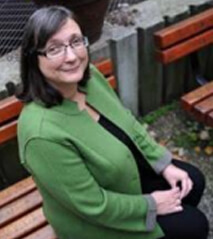
Evelyn Forget (Canada)
Narratives Of Change: Contemporary Basic Income Experiments In Four High Income Countries
Evelyn L. Forget é economista, professora no Departamento de Ciências de Saúde Comunitária na Universidade de anitoba, cientista-adjunta no Centro de Políticas de Saúde de Manitoba e directora académica do Centro de Investigação de Manitoba. A sua investigação actual debruça-se sobre os efeitos sociais e médicos de acções de luta contra a pobreza e, em particular, nas consequências da experiência de rendimento básico “Mincome”.

Elizabeth Rhodes (Oakland experiment - USA)
Why study Basic Income?
Elizabeth Rhodes juntou-se recentemente à Y ombinator Research na qualidade de Directora de Investigação do Projecto Rendimento Básico. Ela completou o programa conjunto de doutoramento em Ciência Política e Assistência Social na Universidade de Michigan em 2016, tendo investigado a provisão de serviços de saúde e de educação em aglomerados populacionais informais em Nairobi, o desenvolvimento da força de trabalho e as estratégias de luta contra a pobreza.

Joe Huston (GiveDirectly - USA)
Basic income and cash transfers in the developing world: GiveDirectly’s experience
Joe Huston é Director Regional da GiveDirectly, uma ONG que disponibiliza ajuda monetária a pessoas em situação de pobreza extrema. Geriu operações da GiveDirectly no Quénia e no Uganda, e colaborou também no lançamento do projecto-piloto de rendimento básico
incondicional no Quénia, organizado pela GiveDirectly. Antes de se juntar à GiveDirectly, o Joe trabalhou como investigador no sector de gestão de activos.

Lena Stark (Sweden, Basic Income Party)
Basic Income, let's vote it in!
Lena Stark, Vice-Chair of Unconditional Basic Income Europe (UBIE), member has founded a new political party, Basinkomstpartiet, to promote basic income in Sweden. Basinkomstpartiet plans to develop a specific model of basic income for the country, and to run candidates for election in Sweden’s general election in September 2018.
At present, however, the party is still under development–as is the exact model of basic income that it will promote. To become an official political party, Basinkomstpartiet needs 1500 signatures.

Cosima Kern (Germany, Bündnis Grundeinkommen)
The Basic Income Party in Germany at the Bundestag election
As Vice-Chair of Germany’s basic income party “Bündnis Grundeinkommen”, founded in 2016, Cosima Kern wants to foster debates about basic income across society and the political spectrum in Germany. She is currently finishing her studies in Philosophy & Economics at the University of Bayreuth and strives to pursue an academic career in Public Policy. Bündnis Grundeinkommen will take part in this year’s general election on 24th September.
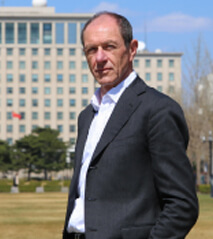
Enno Schmidt (Switzerland/Germany, Basic Income Referendum and Bündnis Grundeinkommen)
Review of the Swiss UBI referendum and what to learn from it; Basic income in the USA, China, Taiwan, Japan, experiences
Enno Schmidt was born in Osnabrück, West Germany, in 1958. He studied art (painting) at the Academy of fine Arts in Frankfurt/M, Germany, exhibited at home and abroad, winner of Frankfurt Art Award 1994.
Schmidt founded the „Enterprise Economy and Art – Expanded, Ltd.“ in 1990 together with other artists and entrepreneurs. He was management director of this company.
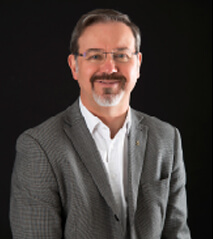
Ronnie Cowan (Scotland, MP)
A Scottish perspective for introducing a Basic Income
Ronnie is the Member of Parliament for Inverclyde having retained the seat at the 2017 General Election.
Ronnie is originally from Greenock and after leaving school he got a job as a trainee computer operator at Playtex in Port Glasgow, and went on to build a career in IT, latterly running his own company which focussed on finding IT solutions to business problems.
Political Interests: Drugs policy reform, employment, gambling related harm, renewables and universal basic income.

Philippe Van Parijs (Belgium)
Basic income and the future of work
Philippe Van Parijs é professor na Universidade de Louvain (Hoover Chair em Ética Económica e Social), professor convidado na Universidade de Leuven e membro associado do Nuffield College (Oxford). Ele é um dos fundadores do Basic Income Earth Network (BIEN) e preside ao seu Conselho Internacional. Entre os seus livros destacam-se Real Freedom for All. What (if anything) Can Justify Capitalism? (Oxford UP, 1995), What’s Wrong with a Free Lunch? (Beacon Press, 2001), Just Democracy.

Ping Xu (Taiwan UBI)
Preparatory stage of a pilot program in Taiwan
Ping Xu is the face of the UBI movement in Taiwan. Previously, Ping was a career concert pianist in the United States. During the darkest moment of her life, forced to take on a job to receive steady pay check, she cut her finger, leaving her permanently unable to continue her work as a pianist. From this experience, Ping quickly realized how precarious working conditions are for the average person and the necessity for an unconditional basic income for all, to ensure no one is left behind like she once was. After 17 years, she returned to Taiwan to push for a true Universal Basic Income.

Masahiko Yamada (Japan)
Implementation of Basic Income in Japan
Lawyer and Japanese politician belonged to the Democratic Party of Japan. Former member of the House of Representatives in the Diet (national legislature).
Former Minister of Agriculture, Forestry and Fisheries (Yukio-Hatoyama and Naoto-Kan cabinet (2009-2010).
Born in Fukue, Nagasaki, in 1942 Roman Catholic, and graduate of Waseda University, Elected to the House of Representatives for the first time in 1993 after 3 times unsuccessful
Before running for office, he worked as a rancher.
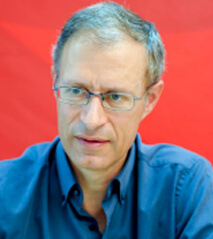
Francisco Louçã (Portugal)
Is the universal basic income feasible and an adequate social strategy for fairness?
Francisco Louçã (b. 1956, Lisbon), Full Professor of Economics, ISEG, Lisbon University. He was a member of Parliament for five mandates (1999-2013) and is currently a member of the State Council. Published recently “Shadows, Financial Disorder in the Era of Global Capital”, with Michael Ash, and “As Classes Populares”, with Ligia Ferro and João Teixeira Lopes.

Eduardo Suplicy (Brazil)
The great challenge: how to finance and implement UBI in Portugal and in Brazil?

